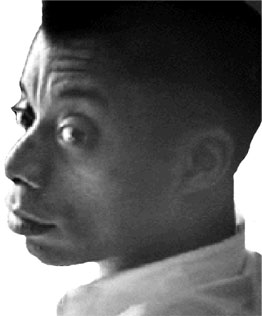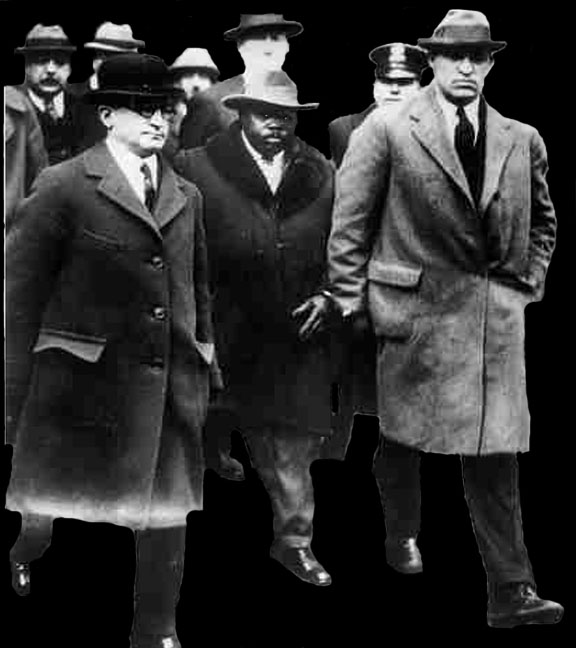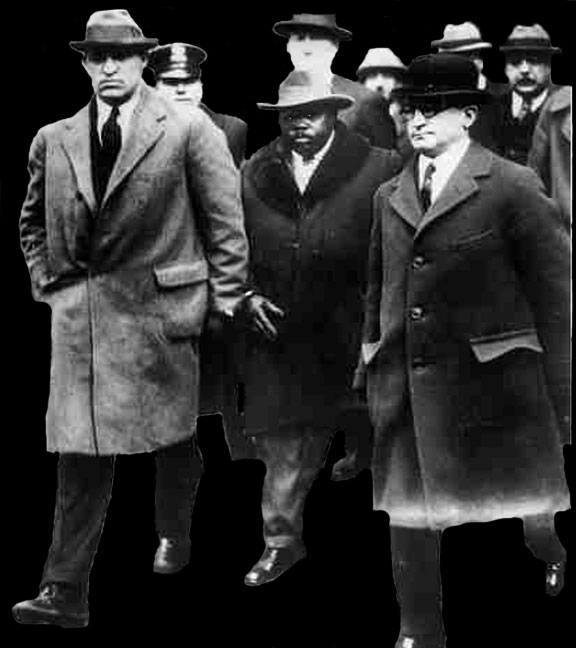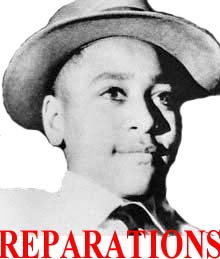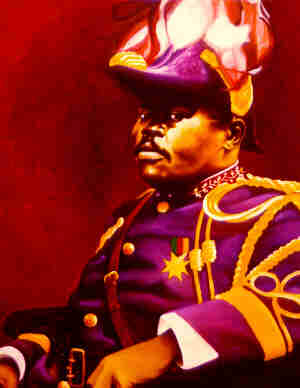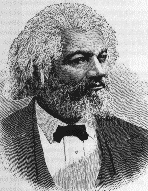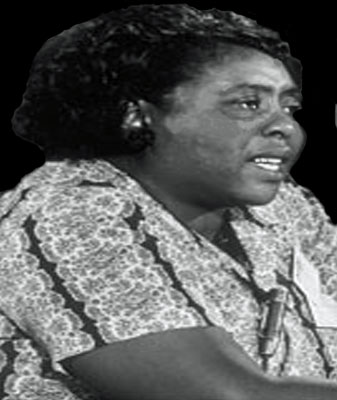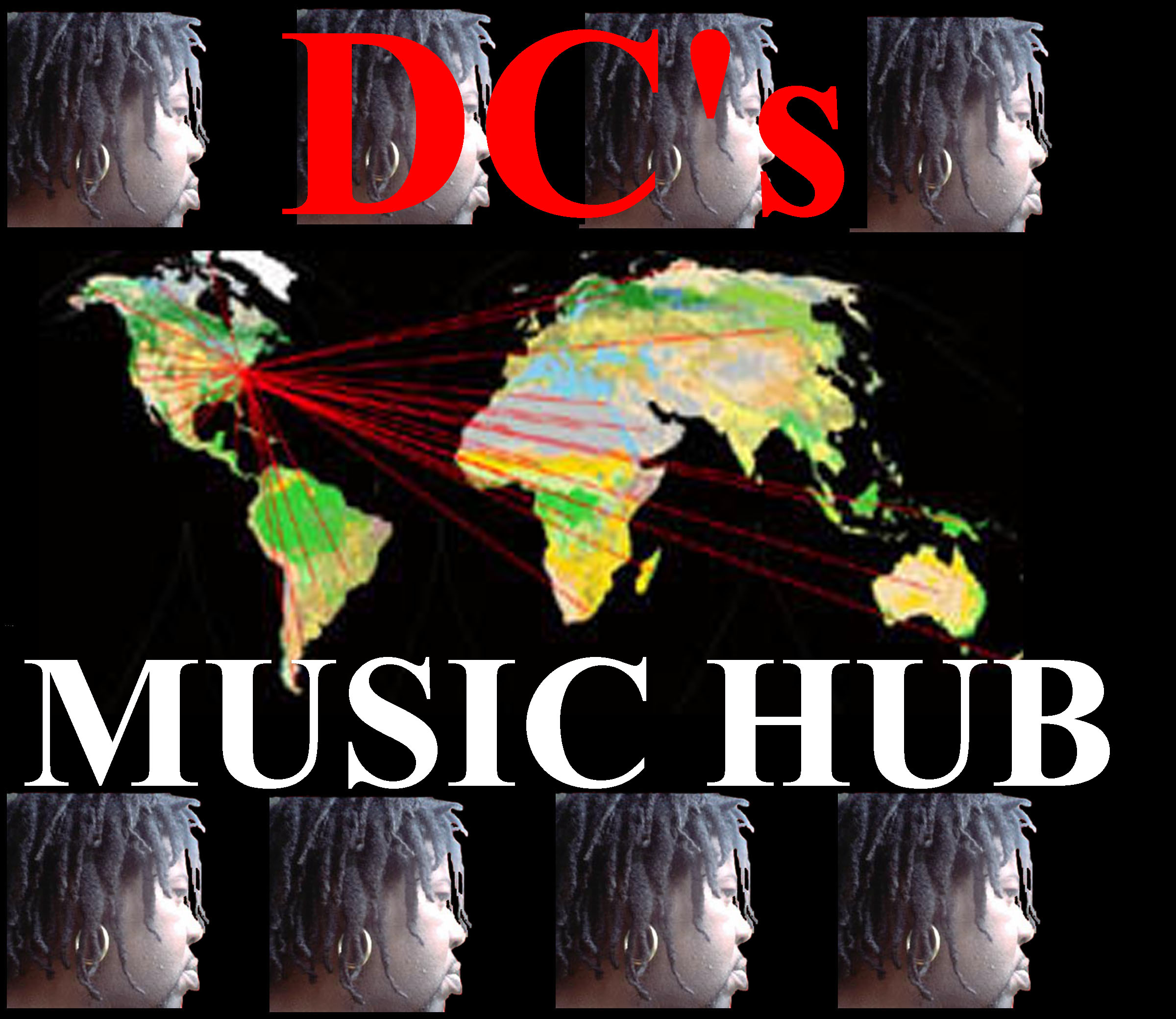aa
|
Marcus Garvey
The Place Next to Hell
Bunyan's work was popular in the nineteenth century as a moral
guide for children, and Garvey would undoubtedly have been familiar with it
since his youth. Bunyan's 1678 classic was laden with social and political
criticism, as was Garvey's own epic poem of the 1920s. Bunyan wrote Pilgrim's
Progress while imprisoned for religious dissent in the county jail at Bedford,
England, and gave it an autobiographical premise by having the dreamer who
narrates the story sleeping in "the gaol." A vocal Nonconformist who opposed the
teachings of the Church of England, he was arrested while preaching and served
two six-year sentences, from 1660 to 1672, and another six-month sentence, in
1676 and 1677. Garvey wrote The Tragedy of White Injustice while imprisoned in
Atlanta, where he was incarcerated in large measure for his militant racial
stand, which diverged sharply from prevailing norms. In writing the poem, he
translated, as Bunyan did, his excellent oratorical skills into written form and
created a text intended to convert a popular audience to a new philosophy and
new conduct.
Garvey's references to Bunyan's classic continued after his
release from prison and his deportation to Jamaica in 1927. While campaigning
for a seat in Jamaica's colonial legislature in October 1929, he was convicted
of contempt of court for criticizing the judicial system on the island. He
declared that many judges were influenced by bribes and suggested that some be
impeached and imprisoned. The Jamaican Supreme Court did not look kindly upon
such contumacy and sentenced him, as a result, to three months' imprisonment in
the Spanish Town prison. The episode---a major setback in Garvey's efforts to
establish a political career---contributed to his subsequent decision to make a
permanent move to England in the mid-1930s. Garvey referred to Jamaica in this
period as "the place next to hell." In a New Jamaican editorial he created a Bunyanesque dialogue between two Jamaicans who referred to the country as a
"Land of Agony and Tears," which was "small, small in size and small in
character," and where people who spoke their minds would be imprisoned. In
Bunyan's work, the City of Destruction, where Christian was born, is described
as "a populous place, but possessed with a very ill conditioned, and idle sort
of People." Just as Bunyan's Christian leaves the City of Destruction to its
brimstone, so Garvey's two imaginary Jamaicans recommend that the only way to
remedy the evils they had witnessed was "by leaving the place and make it perish
by itself."
Garvey echoed these themes in a May 1934 speech in which he
denounced the hypocrisy of the country and announced his intention to publish a
book about his journey through life, called, significantly, The Town Next to
Hell. He told his audience that he had experienced a vision of "a night in hell"
in a dream and that what he had seen was an authentic reflection of life under
colonial rule in the Depression.
Garvey's promise to write an allegory on the subject of Jamaica
was to some extent fulfilled; in July 1934 a poem written by him and entitled "A
Night in Hell," was performed at a musical and poetic program at the Ward
Theater in Kingston. Unfortunately, however, the text of the poem has not been
preserved.

|
|
a |
